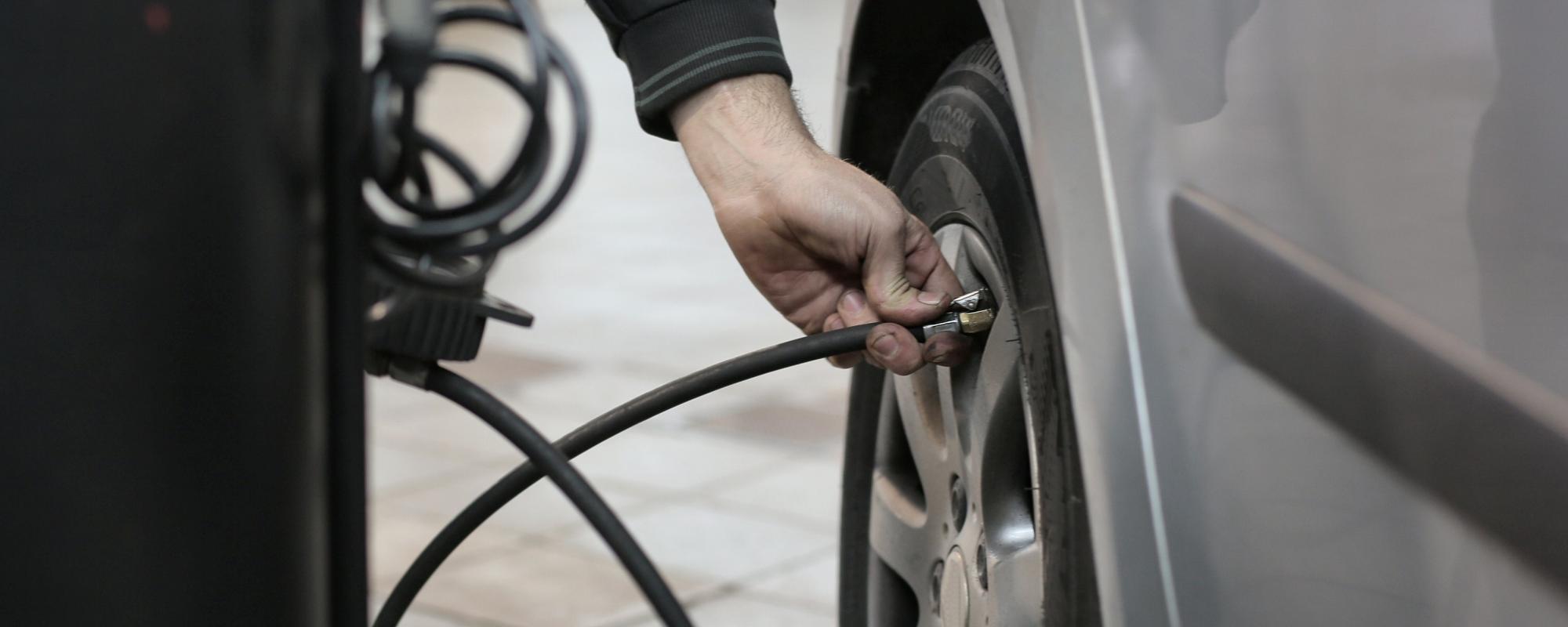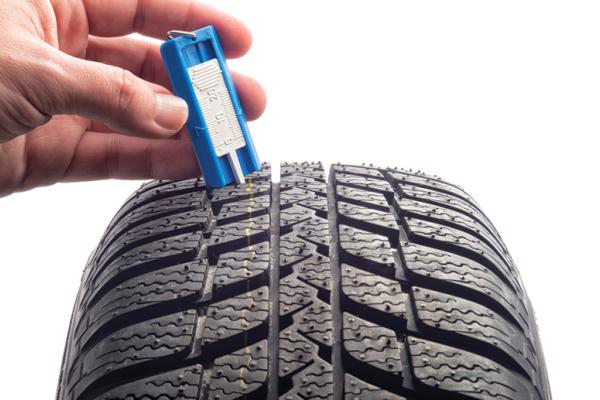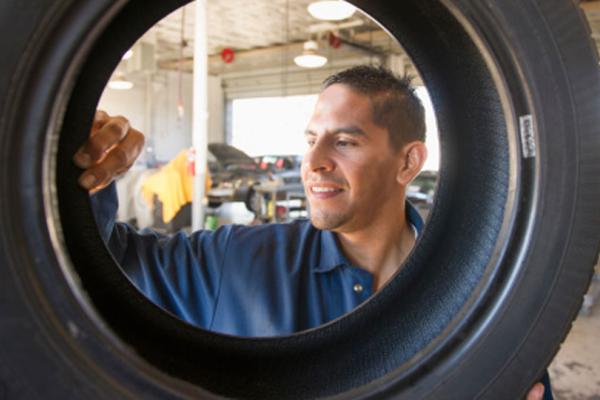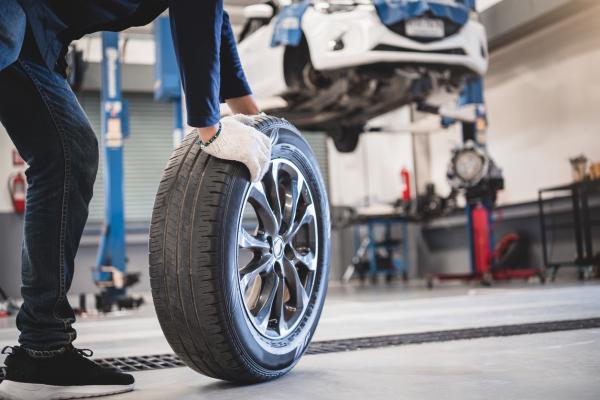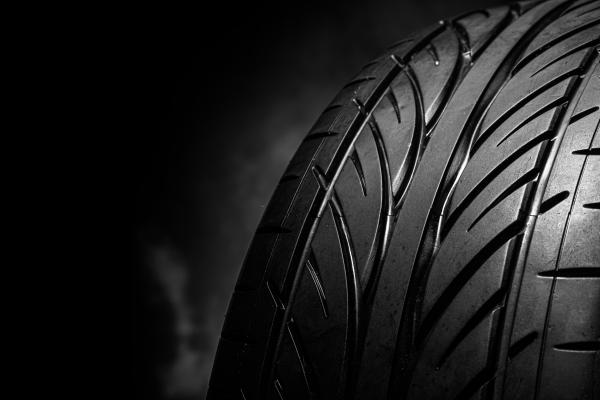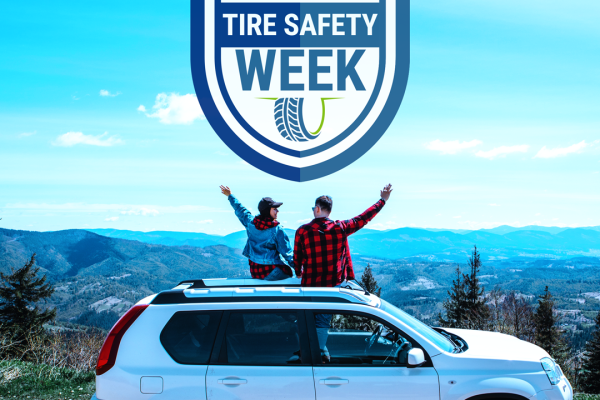Driven by safety first
Tire manufacturers are always in pursuit of excellence by inventing new ways to design and engineer tires. That's why tires today are much safer and better performing than the tires of just a couple decades ago. With thousands of scientists and engineers at work developing tomorrow's tires, our focus is on driving road safety forward.

